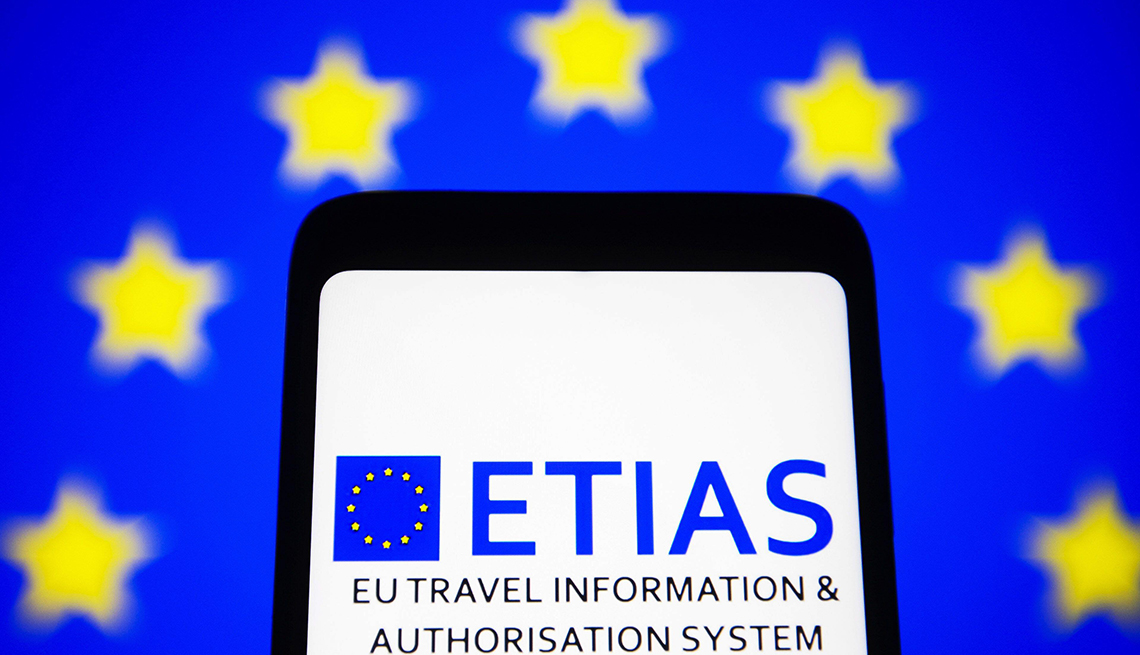If you’re planning a trip to Europe for 2025 or beyond, you may have an extra step to take before heading to the airport.
In 2025, the new European Travel Information and Authorization System (ETIAS) will require passport holders from 60 visa-exempt countries, including the U.S., to apply for approval to enter 30 European countries. “That means that even if you’ve previously traveled to any of these European countries, you’ll need to get ETIAS authorization to revisit them. If you’re traveling to multiple countries with this requirement, you only need to complete the form once,” says Lael Kassis, vice president of market innovation and development for the travel company EF Go Ahead Tours.

Once the program is up and running, travelers to Europe will fill out the form online or via a mobile app and pay a 7 euro charge (about $7.47, depending on exchange rates; free for applicants 70 and older). Approval is expected to be quick (as in minutes) and sent by email or app. But officials warn that approval could take as long as several weeks for some people if more information is required. For example, if your passport number or name changed or if you entered incorrect information such as the wrong nationality, corrections could take up to 30 days.
ETIAS was proposed in 2016 and intended to launch in 2022 as part of the European Union’s effort to reduce security and migration risks and facilitate the arrival process for visa-free travelers. COVID-19 delayed its initial rollout, and it was expected to launch in 2024. Now all indications point to a mid-2025 implementation, though no firm date has been released. In addition to keeping current on the official green light, here are five other important things to know.
1. ETIAS is not a visa
“There are reports floating around that this is a visa, which is incorrect. It’s a simple travel authorization, like the USA’s ESTA [Electronic System for Travel Authorization],” says travel expert Kathy McCabe, host of the PBS shows Dream of Italy and Dream of Europe.
ESTA determines eligibility for travel to the U.S. under the Visa Waiver Program, which is administered by the U.S. Department of Homeland Security. The agency checks whether travelers pose any risk to the U.S. Like ETIAS, it is not a visa.
Though approvals won’t require a visit to a consulate or biometric data collection, they do not guarantee entry into a country.

